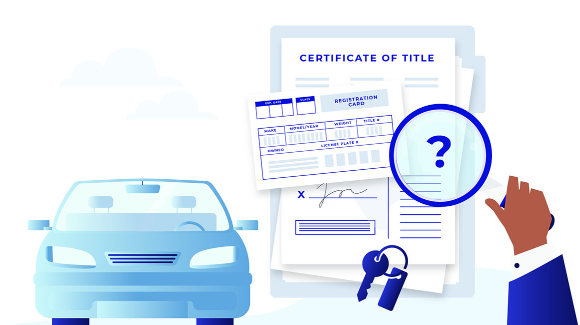"Demystifying the Car Registration Renewal Process"
As a car owner, keepin constantly your vehicle's registration updated is a significant part to be a responsible driver. Car registration not just enables you to legally drive your vehicle on the roads but also ensures that you've proper documentation in the event of an incident or traffic violation. To ensure you're on the best track with DMV renewal, it is essential to comprehend some basic rules and regulations.

When Does Car Registration Renewal Happen?
The first thing you have to know about car registration renewal is when it occurs. Most states require that car registration is renewed annually or biennially. However, some states may have different renewal schedules with respect to the age of your vehicle, driving habits, and other factors. Therefore, it is always important to consult with your local DMV (Department of Motor Vehicles) office to understand the particular policy and renewal period of one's vehicle.
How to Renew Your Car Registration?
The renewal process may vary slightly by state, but in general, to renew your car registration, you will need your current registration certificate, proof auto insurance, and your driver's license. To really make the renewal process even smoother, you can complete it face-to-face at the local DMV office, online, or by mail. If you select to complete it online, make sure you have a valid driver's license, registration number, and payment method ready.
What Fees You Should Expect?
Another crucial thing to consider when renewing your vehicle registration could be the cost. The fee for renewing your car registration is normally on the basis of the model, year, and weight of your vehicle. However, most states have a typical renewal fee which includes vehicle processing fees, license fees, and other administration costs. Be sure to check together with your state's DMV office to learn the actual amount you will need to cover to renew your vehicle registration.
What Happens If You Don't Renew Your Car Registration?
Driving an unregistered car is just a violation of what the law states that may result in hefty fines, suspension of your license, and even imprisonment. The DMV may also charge late penalties if you don't renew your registration on time. These fines can quickly accumulate with each passing month, placing a severe financial burden on you. Additionally, some states may impound your automobile for driving without proper registration. Therefore, to prevent these consequences, ensure that you renew your vehicle registration before its expiration date.
What To Do When Selling Your Car?
When selling your car or truck, you need to transfer the registration to the new owner in order to avoid any legal issues. For payment from the buyer without officially transferring the title and registration, maybe you are held liable for any traffic violations or accidents that the newest owner may encounter while driving the vehicle. Therefore, you must complete the appropriate paperwork for the transfer of ownership and registration and notify your local DMV about the sale.

Conclusion:
Renewing your car registration may seem like a simple task, but it is an essential responsibility that needs your attention and effort. By understanding the basic principles of car registration renewal, such as knowing when to renew, how to renew, the cost, and the consequences of not renewing, you can avoid legal issues and keep your car or truck legally registered. Make sure to consult your state's DMV office for specific regulations and requirements to make certain a smooth and hassle-free renewal process.
